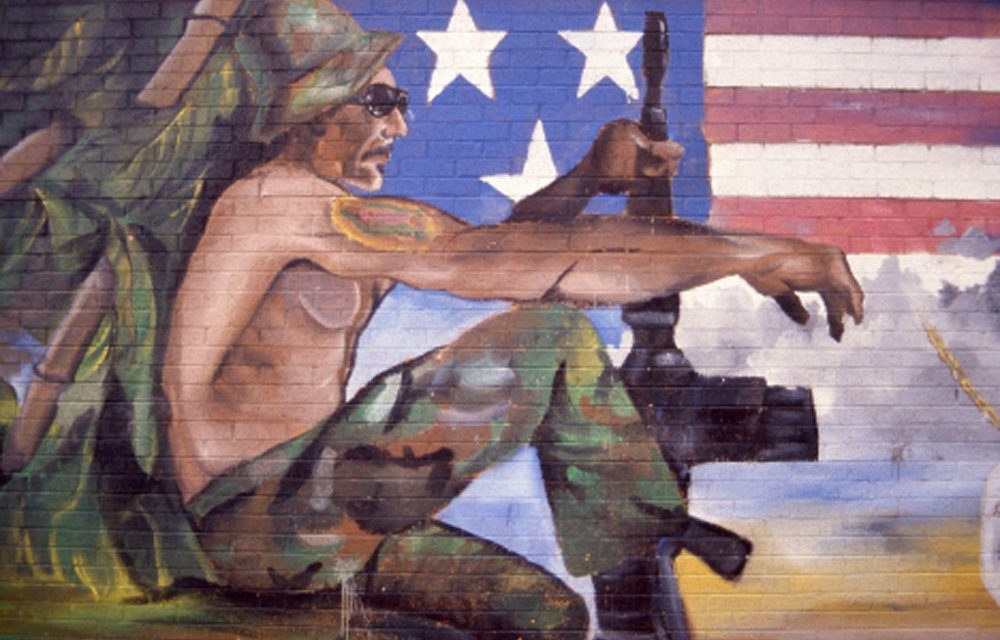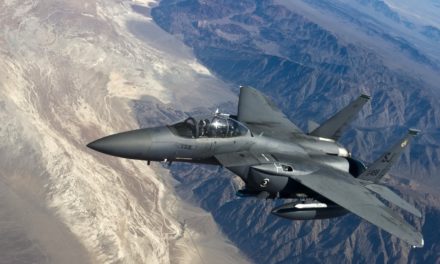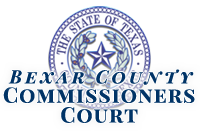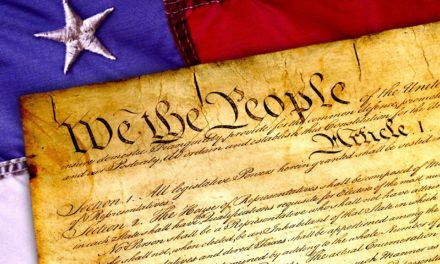Every American war has produced Latino heroes. In the American Revolution, General George Washington counted on the help of Spanish colonists living thousands of miles away from the battlefront. For example, General Bernardo de Galves, a Spanish Army Officer and Governor of Louisiana, in 1777 sided with Washington’s Revolutionary Army and contributed to America’s fight for independence.
General de Galves’s major military contribution was to force the British armies to fight on several fronts, weakening the British military position in the English colonies. Military historian Virgil Fernandez wrote that de Galves “captured all the British forts along the Mississippi River” and later drove the British forces out of Florida. For his contributions, the Republic of Mexico honored his namesake when they founded the Port of Galveston in 1825.
It comes as a surprise to many Latinos that General de Galves’s remarkable war efforts, defeating British armies in the Lower Mississippi and Florida territory, have never been recognized by the United States Department of Defense which is responsible for the naming of military bases and naval ships. However, with the creation of the new “ Naming Commission,” past negligence may be corrected. The Military Times reported that the recent U.S. National Defense Authorization Act required the Department of Defense “to stand up a commission and rename all Confederate ‘items’ which included not only posts and ships but street names, buildings,” and other Confederate memorials by fall 2023.
General Bernardo de Galves is one of the many Latino heroes that should be considered in the renaming of bases and ships. We are reminded that de Galves was honored by Mexico in 1825 when Texas was part of the Republic of Mexico, but the Republic of Texas [founded in 1836] and the State of Texas [founded in 1845] have made no efforts to recognize General de Galves.
In a previous report, I commented on my nominations to the newly created Naming Commission Cleto Rodriguez, a World War II Medal of Honor recipient, and Brig. General Richard Cavazos, the U.S. Army’s first Latino four-star general. In addition to these two outstanding individuals, there are several other Latino military heroes that deserve consideration. I am grateful to retired journalist Joseph Contreras for recommending that I look into the career of U.S. Commander Everett Alvares, Jr. [Ret.]
On August 5, 1964, during the first hours of the Vietnam War, Everett Alvarez, Jr.’s A-4 Skyhawk was shot down near the Gulf of Tonkin. Alvarez, the first aviator taken captive by the North Vietnamese, endured eight years and seven months of captivity. He was the second longest-held U.S. prisoner of war [POW] in U.S. history. While interned at the Hoa Lo Prison, famously known at the “Hanoi Hilton,” he was repeatedly beaten and tortured.
Alvarez, a native of Salinas, California, is the grandson of Mexican immigrants and attended high school with former NFL Pro quarterback, Joe Kapp. Reporter Dennis Taylor wrote that Joe Kapp is often remembered as “as a hardscrabble little kid who lived to play sports, scrapped with neighborhood bullies and shined shoes on East Alisal Street, two bucks a pair, alongside his friend, Everett Alvarez Jr.”
Alvarez attended Santa Clara University on an academic scholarship and joined the U.S. Navy in 1960 shortly after graduating with a degree in engineering. He re-enlisted after three years and was the first aviator captured in the Vietnam War. Following his release in February 1973, he earned a Master’s Degree in Operations Research and Systems Analyst and a Juris Doctorate degree from George Washington School of Law. Alvarez also holds numerous military decorations including the Silver Star, two Legions of Merit, the Distinguished Flying Cross, two Bronze Stars, and two Purple Hearts.
I suggest that in addition to considering the nomination of U.S. Commander Evert Alvarez, Jr., the Naming Commission should consider re-naming a base or a military facility for Hector P. Garica, founder of the American G.I. Forum and a World War II veteran.
Dr. Hector P. Garcia had just completed his medical residency in 1942 when he joined the U.S. Army. With degrees from the University of Texas Medical School at Galveston and a residency at Creighton University in Omaha, Nebraska, Garcia was well trained in the field of medicine.
Despite his excellent credentials, Garcia’s first assignment was the command of infantry followed by command of a company of combat engineers. Finally, the Army got it right and transferred him to the medical corps in his last two years of service. Dr. Garcia served with distinction earning the Bronze Star Medal and the World War II Victory Medal.
Dr. Garcia grew up in Mercedes, Texas but upon his discharge from military service, he opened a medical practice with his brother in Corpus Christi, Texas. He made friends with many of the returning veterans and learned of the many difficulties that Latino veterans encountered in applying for G.I. Bill benefits. Alarmed by the many problems veterans reported encountering with government agencies, Dr. Garcia started the first chapter of the American G.I. Forum in 1948. The G.I. Forum is a civil-rights organization devoted to securing equal rights for Latinos. Initially, the organization dealt with securing earned benefits from the Veterans Administration guaranteed through the G.I. Bill of Rights of 1944. The Forum later also focused on civil rights.
In addition, Dr. Garcia is credited with the founding of Viva Kennedy clubs across the nation in the 1960 presidential campaign. He became the first Mexican American to be appointed as a U.N. Ambassador and also served on the United States Commission on Civil Rights. In 1984 Dr. Garcia was awarded the Presidential Medal of Freedom. In 1996 Dr. Garcia passed away after a long illness. His major legacy, the American G.I. Forum, remains active across the nation in preserving fairness, equality, and justice across all areas of American society.
Honoring Latino Military Heroes












